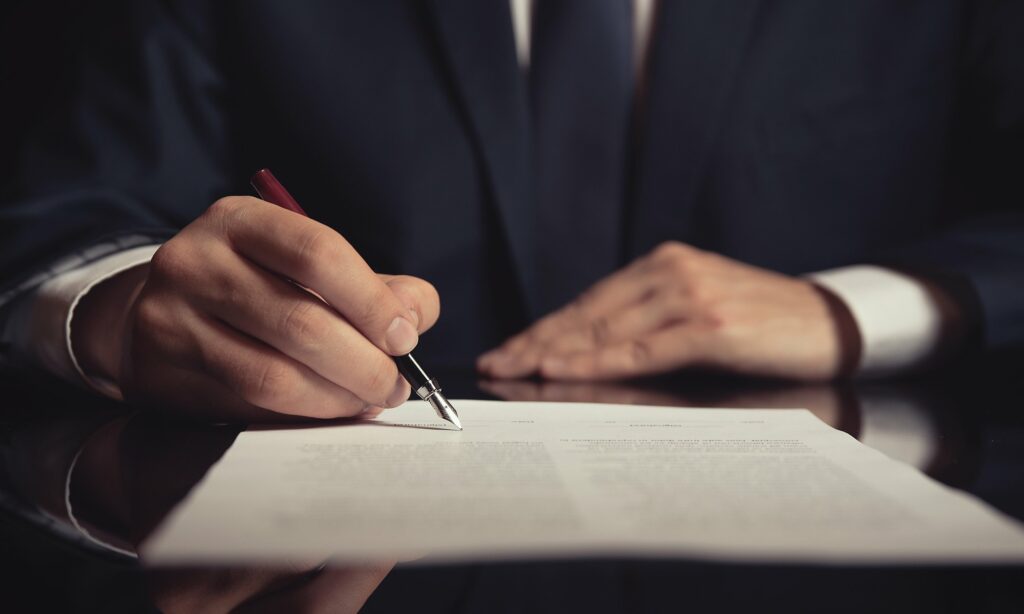Amazon Sellers – You Need to Know these 3 Basic Laws for Product Liability
CJ Rosenbaum – Amazon sellers all over the world: If your products are being sold here in the United States, when it comes to product liability, there are three basic areas of law that create liability or responsibility on you.
Anyone involved with putting a product into the stream of commerce has responsibility.
If a person gets hurt or their property is damaged by a product you’ve sold, the 3 basic forms of liability come from:
- Negligence: where you fail to do what a reasonable person/company would have done under the same circumstances.
- Breach of Warranty: where your product didn’t live up to what it was supposed to do.
- Strict Liability: a concept in United States law that says you are liable, whether you intended the harm to occur, whether you were negligent or not, whether you even knew about it or not. Strict liability is pretty harsh in the United States.
If your products have harmed any person or caused any property damage to their home, for example, make sure you don’t do anything drastic, like destroying documents or destroying emails.
The first thing you should do once you learn that you’re being accused of causing damage or your product is being accused of causing damage is call an insurance company.
The second thing is contact a lawyer who knows product liability as well as Amazon. You can contact us for a free consultation 1-877-9-SELLER. We are available seven days a week for sellers.
Prior to focusing solely on Amazon sellers, I was a proud member of the plaintiff’s bar, representing people who are hurt by products and by other people. I’ve also led groups around the country in terms of the issues that some of you face so don’t be shy.
If you or your product is accused of harming somebody, contact me for a free consultation. We are here for sellers 7 days a week.

Amazon’s Terms of Service for Sellers: Paragraph 8: Limitation of Liability – Amazon Placing Liability on 3rd Party Sellers
Essentially, what it says is that they will not be liable whether in contract, warranty, tort, to you or any other person for pretty much any reason they bring up in contract, warranty, tort, negligence, or product liability.
If you buy a product on Amazon and you get injured from it, you cannot go after Amazon. Amazon is limiting their liability. Now, that doesn’t mean that you can never retain any sort of compensation from Amazon. We find that a lot of our clients that go to arbitration – if you have a strong enough case, they will usually settle the case for a certain amount of damages depending on the specific circumstances, but it’s almost like a catch-all. It almost serves as something that Amazon wants to have in there just in case.
There’s even a part in here that says, “Even if Amazon has been advised of the possibility of those costs or damages,” they’re still not liable. It also brings up aggregate liability arising out of, or in connection with this agreement. Again, Amazon is really just trying to limit any potential liability they have. They’re such a massive platform. There are thousands and thousands and thousands of transactions each day. There’s bound to be some problems. Someone’s going to get injured, someone may be negligent.. There could be all sorts of issues. In short, Amazon is limiting their liability.
Make sure you watch all of our videos regarding the loopholes Amazon created in the new TOS.